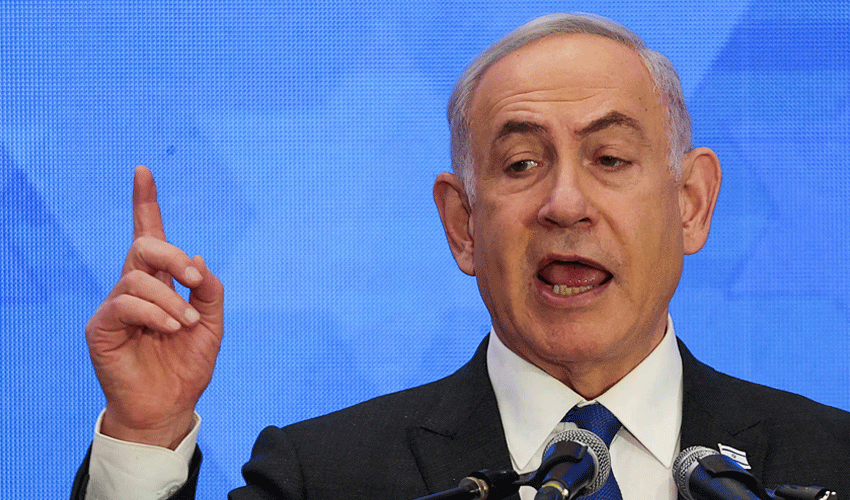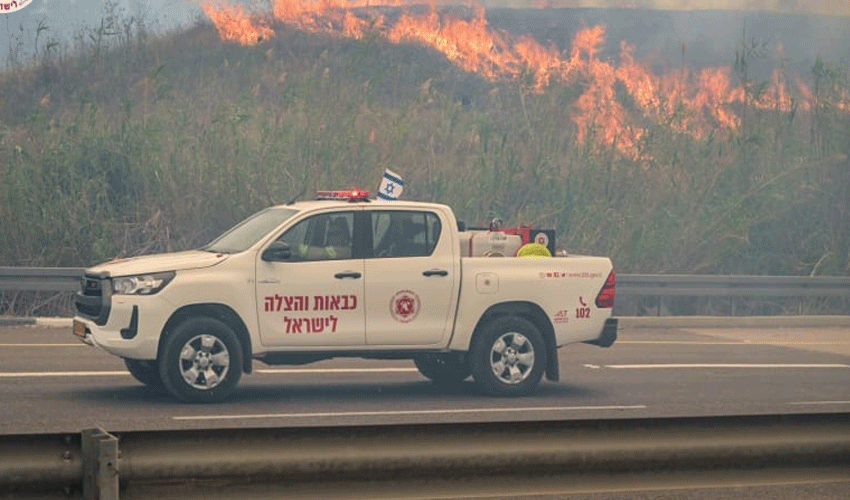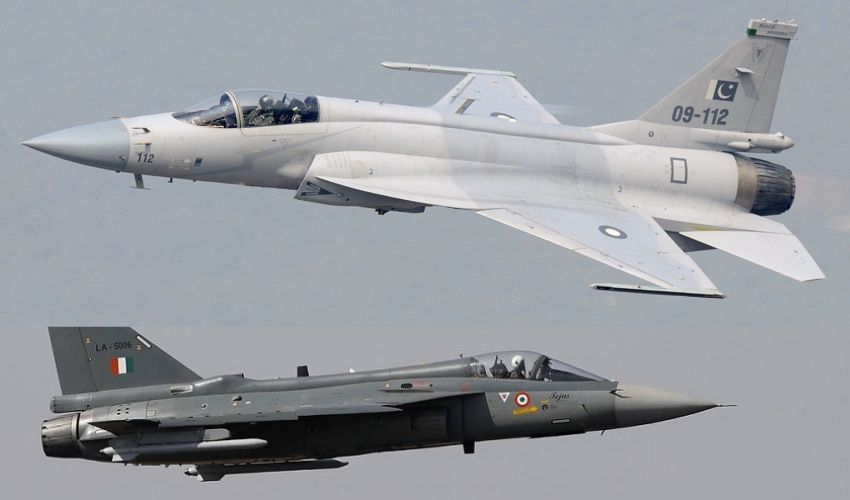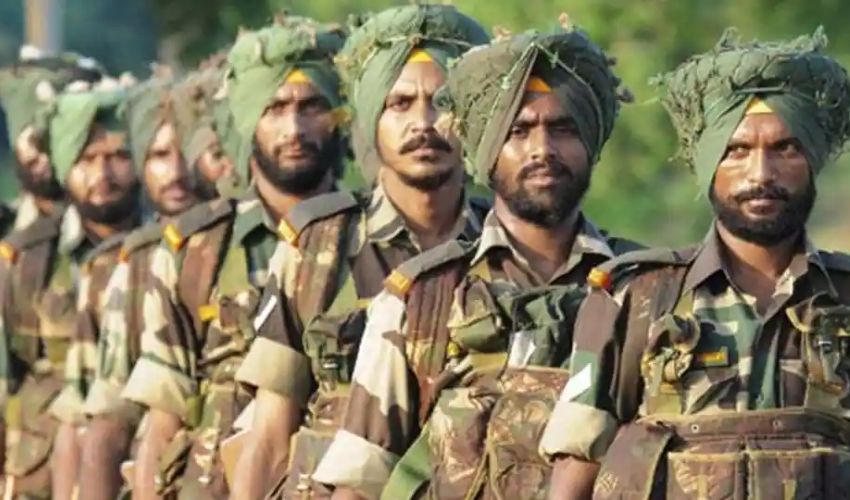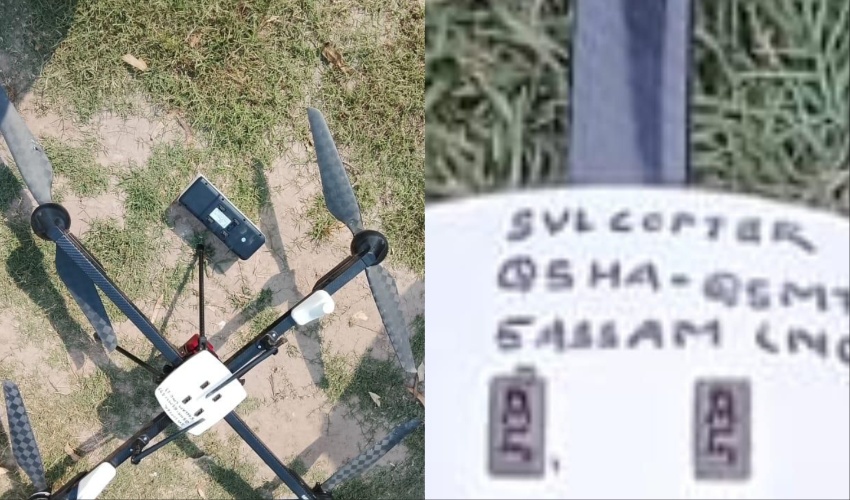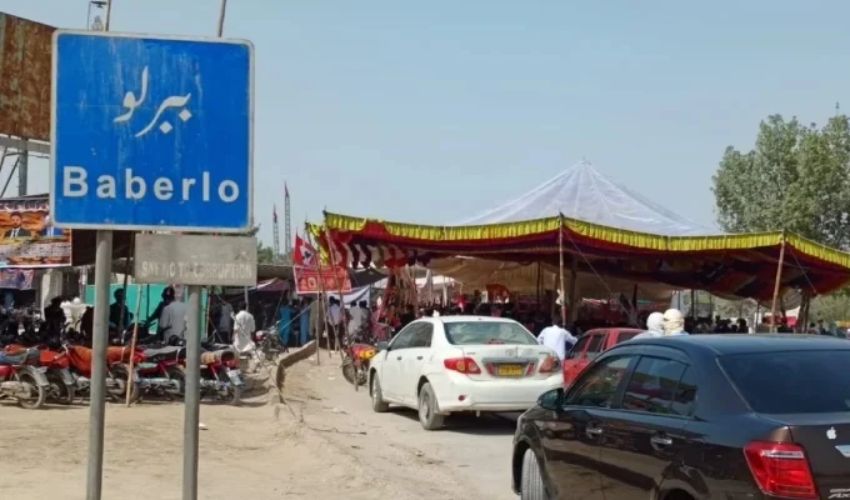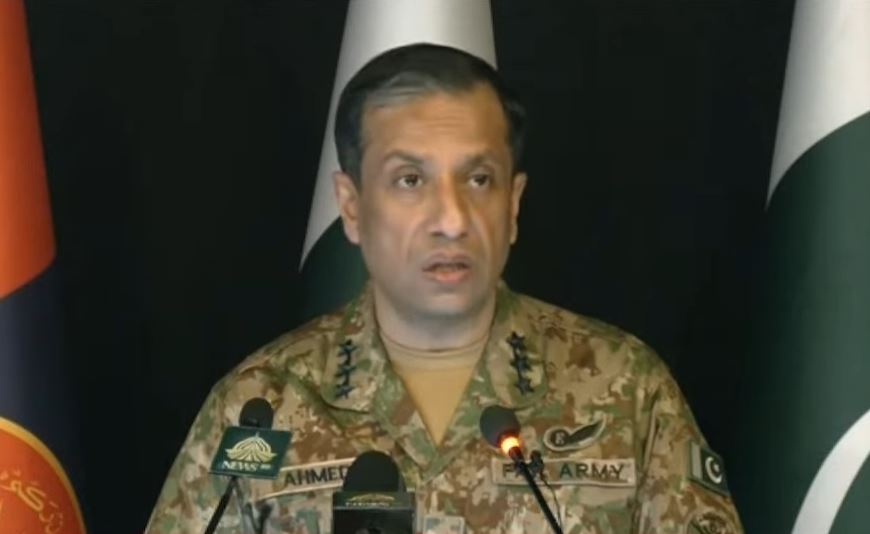Israeli Prime Minister Benjamin Netanyahu has reiterated his commitment to continuing military operations in Gaza, stating that Israel has “no choice” but to press ahead until key objectives are achieved.
In a pre-recorded address on Saturday, Netanyahu laid out three goals that he said must be met before Israel ends its military campaign: the destruction of Hamas, the return of all hostages, and ensuring Gaza no longer poses a threat to Israel.
His remarks came amid a surge in Israeli strikes across the Gaza Strip over the past two days, which according to the Gaza Health Ministry, left at least 92 Palestinians dead and more than 200 others wounded. The death toll in the enclave has reportedly surpassed 51,000 since the war began in October 2023.
“Only when Hamas is eliminated, the hostages are freed, and Gaza is demilitarised can the war come to an end,” Netanyahu said, defending his government's actions against rising dissent at home.
The prime minister also accused Hamas of rejecting a recent Israeli proposal that would have seen half the remaining hostages released in exchange for a temporary ceasefire. “If we give in now, we risk undoing the sacrifices of our soldiers and our national security,” he said.
However, critics at home are increasingly questioning the government’s approach. Families of hostages, reservists, retired military officials, and opposition figures have intensified calls for a deal that prioritises the return of captives. According to an Israeli Channel 12 News poll, nearly 70% of Israelis support ending the war if it leads to the release of hostages.
The Hostage Families Forum Headquarters issued a statement accusing Netanyahu of lacking a coherent strategy. “Many words and slogans cannot hide the simple truth — Netanyahu has no plan,” the group said.
Netanyahu's comments also followed Israeli strikes in northern Gaza’s Beit Lahia and Khan Younis in the south, which resulted in the deaths of at least 14 Palestinians, including women and children. The attacks targeted areas sheltering displaced civilians, further exacerbating Gaza’s humanitarian crisis.
Meanwhile, the Israel Defence Forces (IDF) confirmed that one of its soldiers, G'haleb Sliman Alnasasra, a 35-year-old tracker from Rahat, was killed in Beit Hanoun, marking the first Israeli fatality in Gaza since the resumption of hostilities last month.
Israel’s renewed offensive follows the collapse of a ceasefire on March 18, which had been brokered by Qatar, Egypt, and the United States. Since then, Israeli strikes have killed close to 1,800 people and injured nearly 4,700, according to Gaza’s health authorities.
The United Nations has expressed concern over the worsening humanitarian situation. Aid groups report widespread malnutrition, with thousands of children at risk. Dr Hanan Balkhy of the World Health Organisation’s Eastern Mediterranean office urged the United States to press Israel to lift its blockade on Gaza to allow medicine and food to enter.
During his speech, Netanyahu also addressed Iran, reaffirming his commitment to preventing Tehran from acquiring nuclear weapons. His comments coincided with news that the US and Iran had concluded a second round of talks on Iran’s nuclear programme.
The Israeli premier’s message, however, has done little to quell domestic criticism. Opposition leader Yair Lapid demanded that Netanyahu clarify whether recent comments by his spokesperson — suggesting Israel may not be able to retrieve all hostages — reflected official policy.
“If this is the Prime Minister’s official stance, he should stand up and say it himself. If not, he should apologise on behalf of his spokesperson,” Lapid said.





